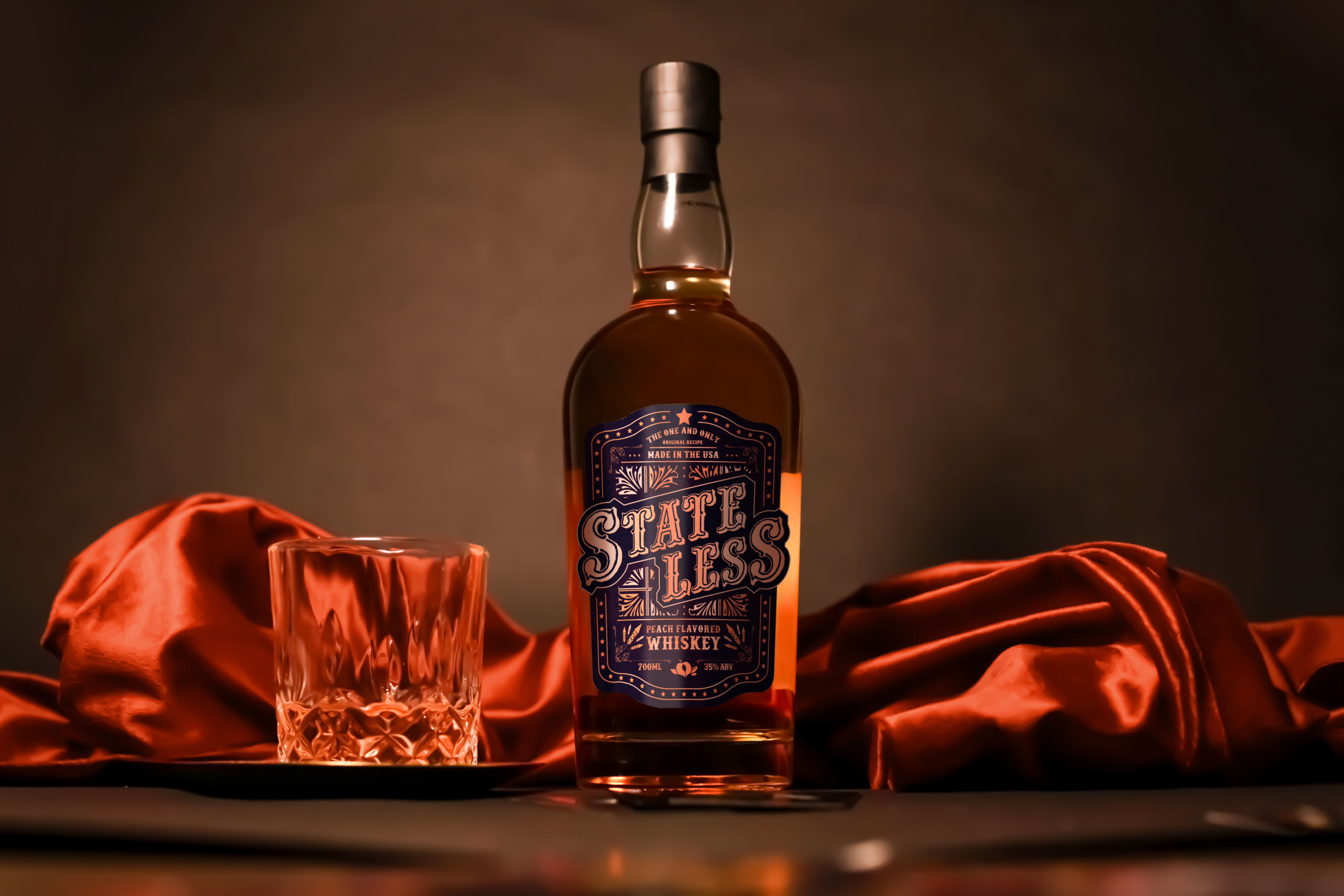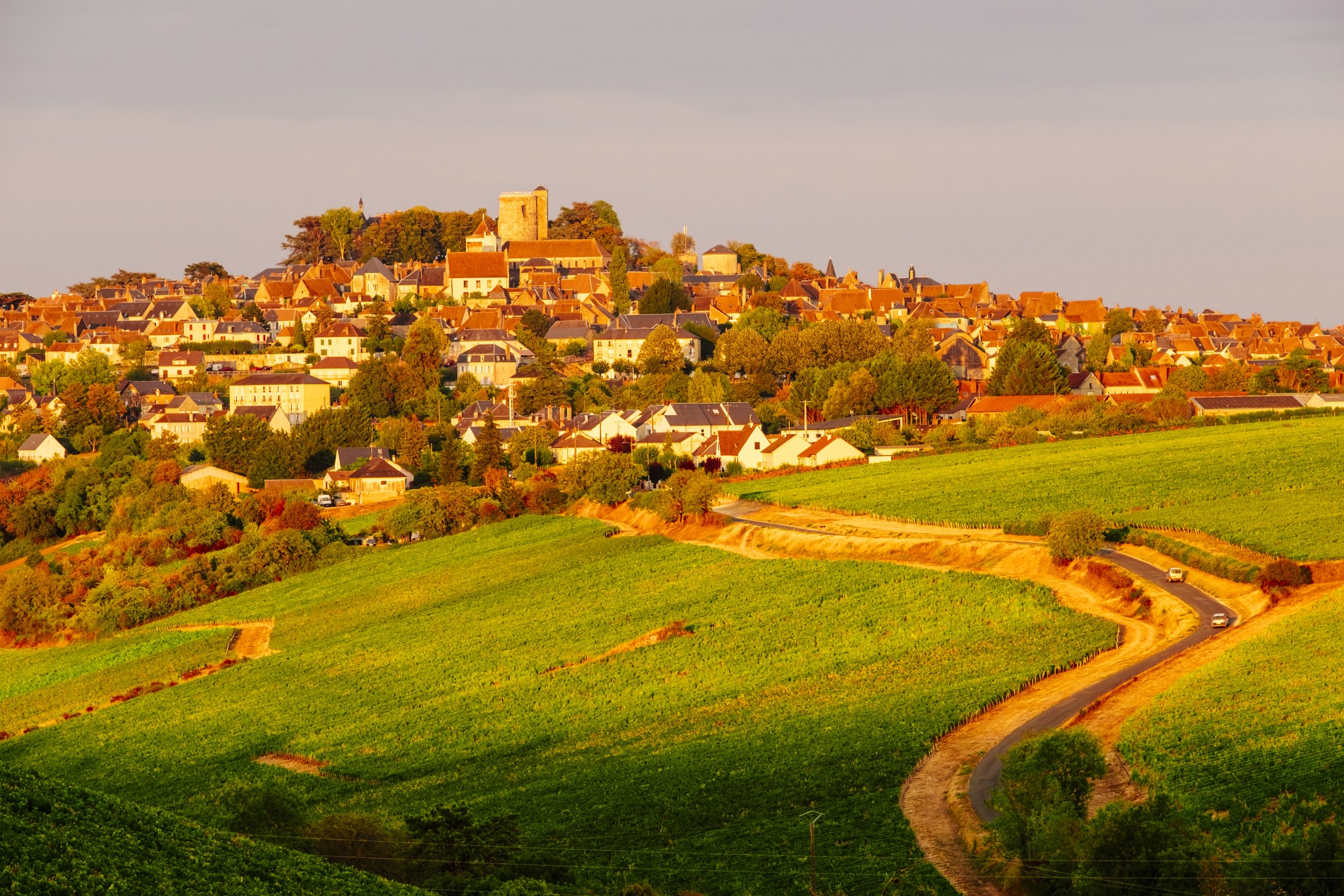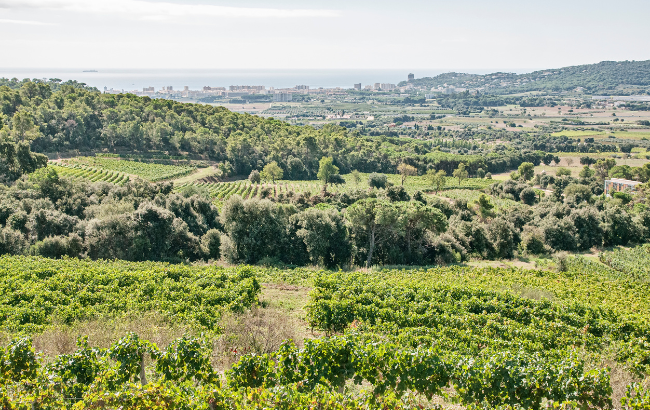This website uses cookies so that we can provide you with the best user experience possible. Cookie information is stored in your browser and performs functions such as recognising you when you return to our website and helping our team to understand which sections of the website you find most interesting and useful.
Has the chancellor shot himself in the foot?
By db staff writerThis is a sentiment that the drinks industry (producers, suppliers and on-and offtrade retailers alike) may well begin to sympathise with in the coming months, as the full effects of the Government White Paper on Health begin to take shape.
THE ANACONDA OF government has shifted a coil. Its fangs are bared," one newspaper columnist – a smoker – wrote on hearing the proposal to ban smoking.
This is a sentiment that the drinks industry (producers, suppliers and on-and offtrade retailers alike) may well begin to sympathise with in the coming months, as the full effects of the Government White Paper on Health begin to take shape.
The potential knock-on effects of a smoking ban on drinks sales is the issue now concerning the drinks industry. The proposed ban is somewhat looser than the Irish one, mooting the idea that in the UK all premises serving food will need to be smoke-free by 2008 but those that don’t – for the moment – will not have to enforce a ban.
However, some pundits are still warning of bleak results reflecting those witnessed on the Dublin scene. A study by the accountancy organisation, BDO Stoy Hayward, for example, has put the cost to the UK licensed trade alone at £230m in profits, 32,000 jobs and a 7.6% fall in customers.
And that’s not all; the White Paper on Health has implications for the drinks industry reaching way beyond this one proposal.
There were also recommendations to try and strengthen the rules governing the broadcast advertising of alcohol; a suggestion that manufacturers put sensible drinking warnings on their products; and the promise of even more work to be done to tackle binge drinking.
It is the secondary effects of all these measures that will, perhaps, hit the drinks industry hardest. The loss of tax revenues for the Chancellor as a consequence of the smoking ban has been estimated at up to £1.8bn, according to accountancy group Grant Thornton.
So, will the alcohol industry be expected to plug the gap? There is also the matter of the work the drinks sector has been doing to promote a more European style of drinking ie with food and restraint.
How will this be affected if a significant number of pubs and bars stop serving food with alcohol in order permit smoking on their premises? The fall out of this report is, as yet, incalculable.
Partner Content
Insider opinion
"Those in the licensed trade will need to think hard as how to preempt and recoup any potential loss in revenue rather than ignore what could lie ahead. We do not think that the proposed ban means bad news for all businesses affected but we believe losses will be felt by those businesses who do not prepare sufficiently."
Shay Bannon, business recovery and restructuring partner, BDO Stoy Hayward
"Alcohol in moderation has proven health benefits and we will continue to work with Government and the wider industry to promote sensible drinking. Long term culture change will only come about through a co-ordinated effort and, via our place on the Ministerial Working Group on Alcohol, we are determined to play our part on behalf of our members. One measure which will dramatically help to cut underage drinking is to introduce ID cards as a matter of urgency."
Quentin Rappoport, director of the Wine & Spirit Association
"The question of choice is still important and our proposals allowed for smoking and nonsmoking areas, with no smoking at the bar, the provision of adequate ventilation and no smoking where food is served.
We do welcome that the proposed ban would be national and that local authorities would not be given powers to ban smoking locally. The BHA will consider this White Paper carefully before discussing the way forward with the Department of Health. It is important that the legislation be kept as simple as possible."
Bob Cotton, chief executive, British Hospitality Association





